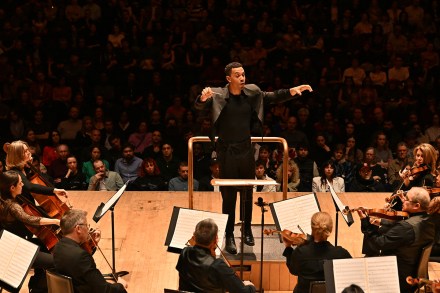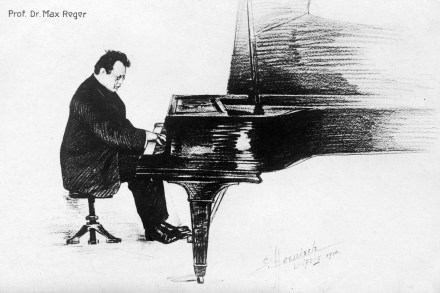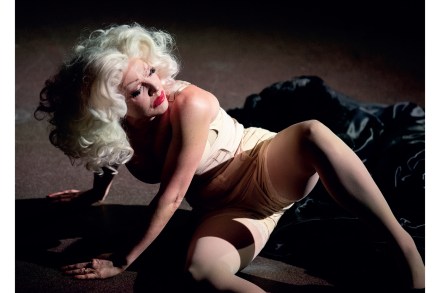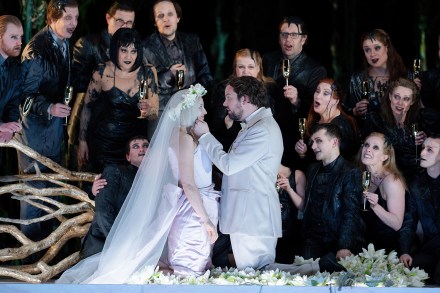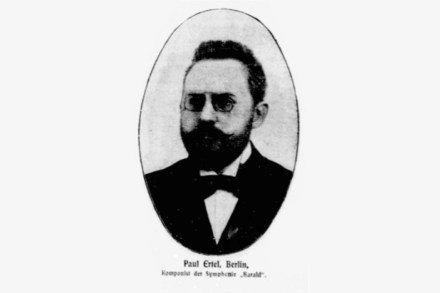An old production that’s aged better than most: Royal Opera’s Turandot reviewed
Since its première in 1984, Andrei Serban’s production of Puccini’s Turandot has been revived 15 times at Covent Garden, not counting excursions to Wembley Arena. The current revival has been running (by all accounts, to capacity houses) since 10 March. The compelling reason for reviewing such a well-worn revival mid-run is that this performance featured the Royal Opera debut of the Nottingham-born Wagnerian soprano Catherine Foster – which by any reckoning was well overdue. Foster is hugely esteemed in the German-speaking world. In itself, that doesn’t prove anything – I mean, they rate Franz Welser-Möst too. ‘Big in Germany’ is often brandished as a rebuke to an imagined Little British







